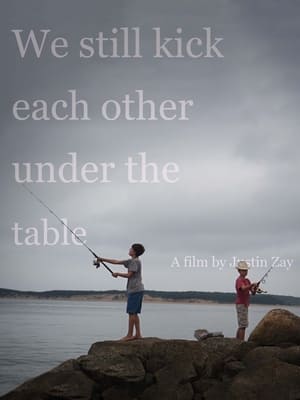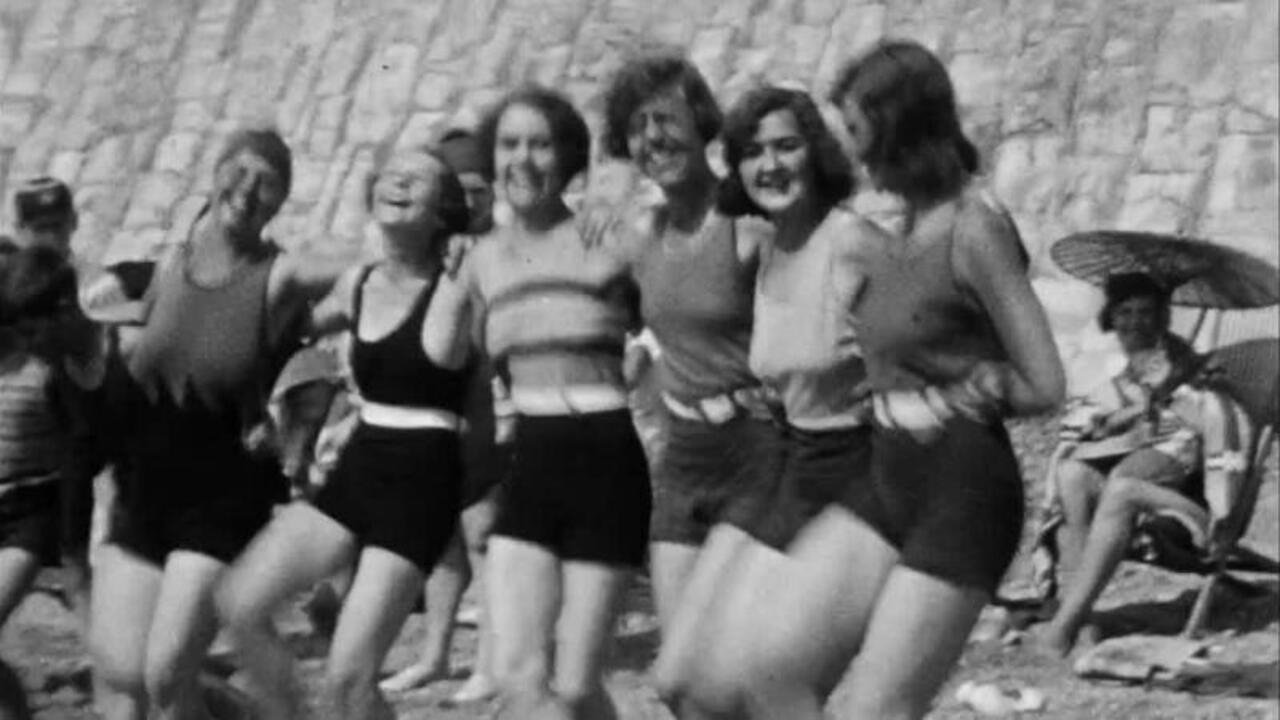
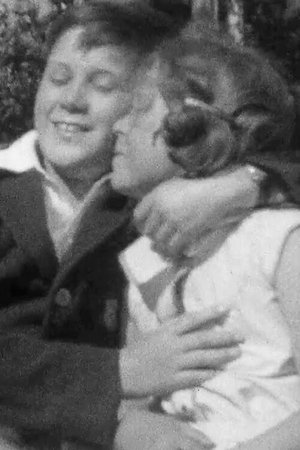
Harrow Hospital Carnival(1933)
Harrow’s extraordinary and opulent pageant, and seaside holidays on the south coast.

Movie: Harrow Hospital Carnival
Video Trailer Harrow Hospital Carnival
Similar Movies
 0.0
0.0Mount Lawrence(en)
Chandler Wild, A New York based filmmaker, travels 6,700 miles to the end of the road in Alaska to honor his deceased father by naming a mountain after him.
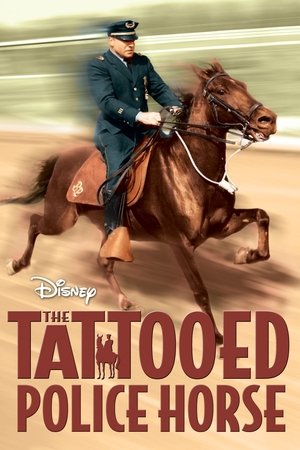 6.0
6.0The Tattooed Police Horse(en)
Barred from racing for breaking stride, a trotting horse finds a new career as a police officer's mount in Boston.
 0.0
0.0Blade Rollers(en)
Honour West and Joan Camuglia-May share their experiences in this upbeat roller-skating documentary.
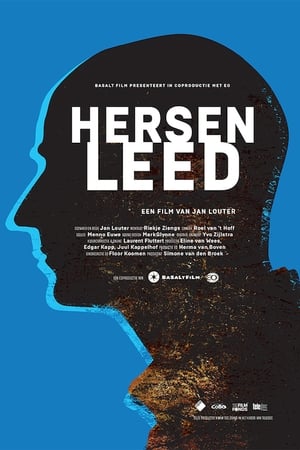 5.0
5.0Grey Matter(nl)
We follow neurosurgeons Clemens Dirven and Arnoud Vincent of the Erasmus MC in Rotterdam in this documentary during the treatment of three patients with a brain tumor.
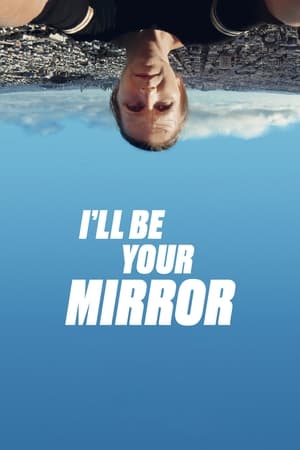 0.0
0.0I'll be your mirror(de)
The artist Johanna Faust is about to leave her children to finally devote herself to her art again. A vague memory comes to her mind: Didn't her grandmother do the same thing, with terrible consequences? The intimate road movie tells of lost mothers and abandoned children, of the temptations and the price of self-fulfilment, of the abysses of motherhood and of the deep longing for another life.
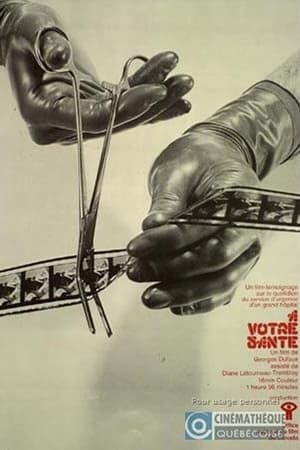 0.0
0.0À votre santé(fr)
Focuses on the state of the Quebec health system in the early 1970s. This film reveals the harsh reality of emergency rooms. There, medical teams, facing a serious shortage of staff, are facing a real invasion of patients. The technical means, often insufficient, make the task even more difficult.
Cruising Do's and Don'ts(en)
Tips for what to expect when taking a vacation aboard a cruise ship, and how to make the most of the trip.
Beauty Factory(en)
From oratory classes to operating room, Beauty Factory follows five girls for four months as they compete for the coveted Miss Venezuela crown; revealing the process that has won Venezuela more international beauty pageants than any other country.
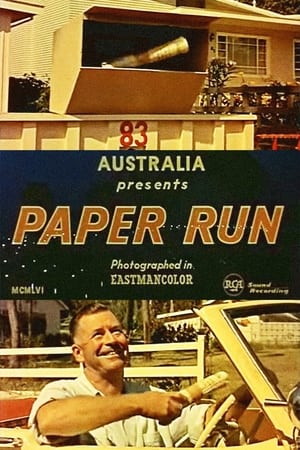 0.0
0.0Paper Run(en)
A panorama of scenic beauty unfolds as the newspaper delivery man works his run along Sydney's northern beaches of Newport and the Palm Beach area.
 0.0
0.0The mother of the disabled(fr)
Petrouchka is a young Gabonese woman who takes care of her brother who is a victim of a disability. Her love for her brother leads her to create an association that aims to help all young people who live in this situation and is now called the mother of the disabled. She proudly shares her career with her followers on social networks.
The Story of a Butcher Shop(ja)
The Kitades run a butcher shop in Kaizuka City outside Osaka, raising and slaughtering cattle to sell the meat in their store. The seventh generation of their family's business, they are descendants of the buraku people, a social minority held over from the caste system abolished in the 19th century that is still subject to discrimination. As the Kitades are forced to make the difficult decision to shut down their slaughterhouse, the question posed by the film is whether doing this will also result in the deconstruction of the prejudices imposed on them. Though primarily documenting the process of their work with meticulous detail, Aya Hanabusa also touches on the Kitades' participation in the buraku liberation movement. Hanabusa's heartfelt portrait expands from the story of an old-fashioned family business competing with corporate supermarkets, toward a subtle and sophisticated critique of social exclusion and the persistence of ancient prejudices.
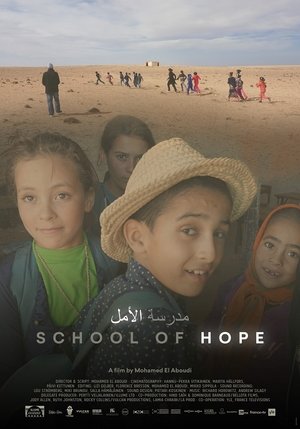 6.0
6.0School of Hope(ar)
In the vast expanse of desert East of Atlas Mountains in Morocco, seasonal rain and snow once supported livestock, but now the drought seems to never end. Hardly a blade of grass can be seen, and families travel miles on foot to get water from a muddy hole in the ground. Yet the children willingly ride donkeys and bicycles or walk for miles across rocks to a "school of hope" built of clay. Following both the students and the teachers in the Oulad Boukais Tribe's community school for over three years, SCHOOL OF HOPE shows students Mohamed, Miloud, Fatima, and their classmates, responding with childish glee to the school's altruistic young teacher, Mohamed. Each child faces individual obstacles - supporting their aging parents; avoiding restrictions from relatives based on traditional gender roles - while their young teacher makes do in a house with no electricity or water.
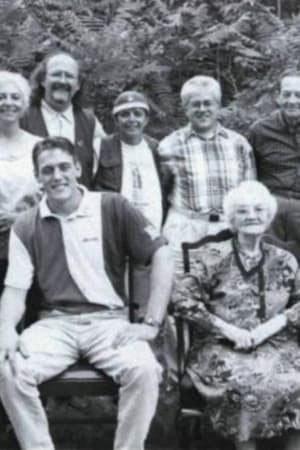 0.0
0.0The Acadian Connection(fr)
National Film Board of Canada documentary of stories of Acadians (French Canadians from the eastern Maritime provinces). Hundreds of thousands of Acadians emigrated to Louisiana following deportation by the British during the Acadian Expulsion of the mid-18th century, hence the term 'Cajun.'
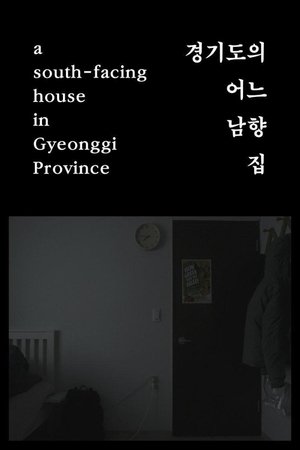 0.0
0.0A South-facing House in Gyeonggi Province(ko)
A south-facing house stands in Gyeonggi Province. Within its walls reside four people: mom, dad, grandpa, and me.
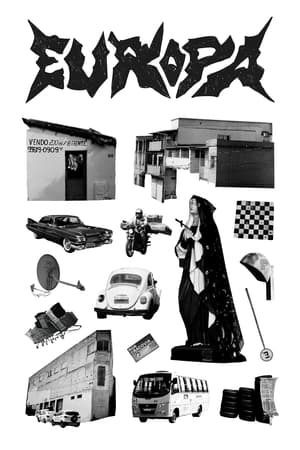 0.0
0.0Europa - Let Me Know When You Get There(pt)
Victor introduces where he lives: inside a rhinoceros's head.
 0.0
0.0The Grass Dwellers(es)
Juan Méndez Bernal leaves his house on the 9th of april of 1936 to fight in the imminent Spanish Civil War. 83 years later, his body is still one of the Grass Dwellers. The only thing that he leaves from those years on the front is a collection of 28 letters in his own writing.
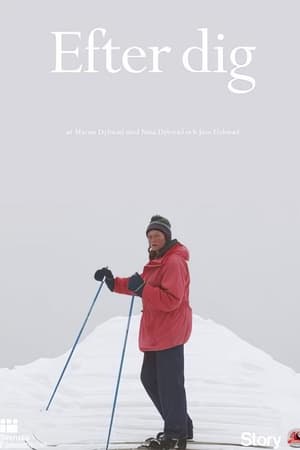 0.0
0.0After You(sv)
"My mother is spending all her time with her dying father. I’m spending all my time filming her. As the end is getting closer, my mother and I start doing the filming more and more together. It becomes our way of dealing with the time we have left." —Marius Dybwad Brandrud

